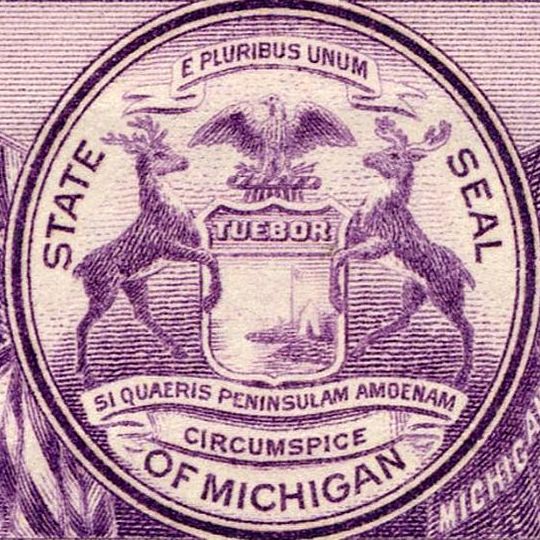Disclaimer: while the article is national news, the first cited example is based right here in The Great Lakes State (where? – r2 ).
In December, a new company registered in Michigan: American Lidar. Its planned home would be an easy drive from the big three U.S. automakers. […] The company behind American Lidar, and not mentioned in its registration, is China-based lidar maker Hesai Group, which the U.S. has labeled a security concern. It is a familiar playbook: a company facing regulatory or reputational problems sets up a subsidiary or affiliate with a different name.
Chinese companies’ efforts to shift production, rebrand as American or set up subsidiaries with new names are legal, lawyers say. Still, such moves irritate regulators who can’t enforce laws when it isn’t clear who is behind a company.
A month after it set up American Lidar to be its manufacturing facility in the U.S. heartland, Hesai was added to the Defense Department list that designates companies as Chinese military entities operating in the U.S. Its stock fell 30% in a day after the list was published and hasn’t recovered. Almost one-fifth of Hesai’s revenue comes from the U.S.
Hesai filed a lawsuit this month against the Defense Department, asserting it should be removed from the list because it has no affiliation with any military and isn’t controlled by the Chinese government.
…which is false as all Chinese “private” business is “enlightened” in Xi’s CCP.
Further reading interaction:
-
Original WSJ article
- The article is paywalled but the “Listen” audio works and the related video, What Banning TikTok in the US Would Look Like* plays

